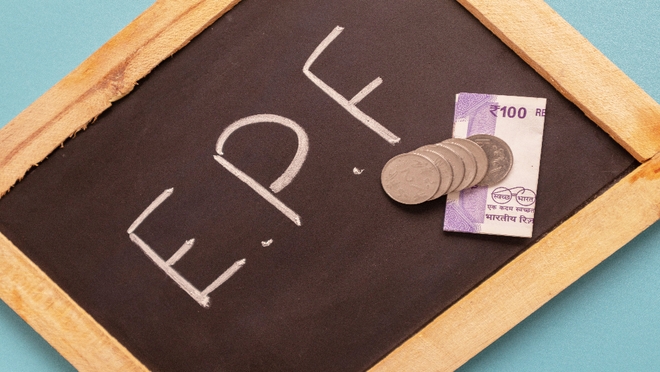
Recently, one of our readers wanted to know whether they could withdraw a portion of their EPF (Employees' Provident Fund) to buy a house.
This got us thinking - besides purchasing a home, are there any other situations where provident fund withdrawals help investors finance their needs?
So, we decided to create a table showing the various scenarios where you can withdraw from your EPF.
| Scenario | How much money can you withdraw? | What is the minimum period you need to be employed for (in years)? |
|---|---|---|
| You want to buy a house or a flat |
Employees can withdraw up to 36 months of their salary + Dearness allowance (DA) or The total share contributed by them and their employer to the EPF + interest or The total cost of the property purchased Whichever is the least in value |
Five |
| If you want to purchase land for building a house | Up to 24 months of your salary + DA | Five |
| You want to repay your home loans |
Up to 36 months of your salary + DA or The total share contributed by both you and your employer to your EPF + interest Whichever is lower in value |
10 |
| If you were laid off from your job without severance pay | In such a case, you can withdraw the EPF share contributed by you + interest | There are no minimum years of service required |
| You are currently employed and have not received compensation for two consecutive months | Employees can withdraw their share of the EPF + interest | There is no minimum period of employment required |
| You want to pay for your medical treatment or a family member's |
Up to six months of your salary + DA or Your contribution to the EPF + interest Whichever is lower in value |
No minimum years of service are required |
| You want to fund your children's higher education or wedding | Employees can withdraw up to 50 per cent of their contribution to EPF along with interest | Seven |
Are the withdrawals taxed?
Your provident fund withdrawals may be taxed depending on your employment status and how long you have been working.
But, before diving into the specifics of taxation, it is essential to know the different components of your EPF withdrawal:
- Your contribution (employees' share)
- Your employers' contribution
- Interest charged on the contributions
We will now explore the different cases where EPF withdrawals are taxed (or not).
When you withdraw after a minimum of five years of continuous service
No tax will be charged on the contribution you make to the provident fund (employee's share plus interest), irrespective of whether you are currently employed or not.
When you have been in service for less than five years
Tax deductions under Section 80C of the Income Tax Act will apply, subject to your current employment status.
When you are currently employed
If you are presently employed and wish to withdraw money from your EPF account, the taxation on your share towards the provident fund will be as follows:
- If the deduction (80C) is claimed during contribution, withdrawals will be taxed
- If the deduction (80C) is not claimed during contribution, withdrawals are tax-free
When you are out of work
In case you are jobless and want to make withdrawals from your EPF, the above taxation rules apply here as well.
However, keep in mind that the withdrawals are taxable only if the individual left their last job of their own will and is yet to find another employment. If the employee was terminated from work, the withdrawals will be tax-free.
Moreover, if someone wants to withdraw from their EPF to pay for their own or a family member's medical treatment, the withdrawals remain tax-free, irrespective of their employment status.
You should also know that the employer's contribution to EPF will be taxed as 'income from salary', while the interest will be taxed under 'income from other sources'. Further, tax is deducted at source upon the premature withdrawal of the EPF corpus. However, if the amount withdrawn is less than Rs 50,000, TDS (Tax Deducted at Source) is not applicable.
Can I withdraw the entire EPF corpus?
You can only withdraw the entire EPF amount upon retirement. As per EPFO (Employees' Provident Fund Organisation), the retirement age is fixed at 55 years. However, an employee can withdraw up to 90 per cent of the corpus one year before retirement once they have attained 54 years of age.
Although you can withdraw some amount from your provident fund, it is recommended to avoid doing so and plan your major purchases well in advance. The purpose of EPF is to help build a sufficient retirement corpus, and frequent withdrawals can affect your retirement plans.
Also read: How to reduce tax in the new tax regime








